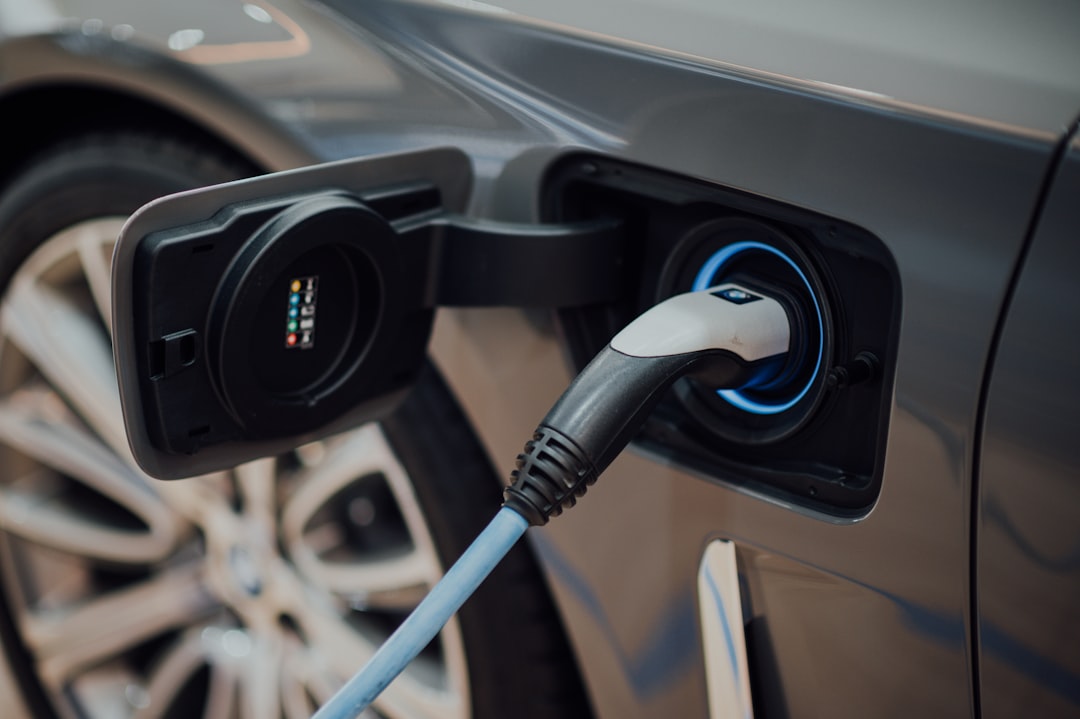In a region known for its natural beauty and vibrant cultures, Brazil is now making headlines for a different reason: leading Latin America’s electric car revolution. With electric vehicle (EV) sales skyrocketing by 50% this year, Brazil is setting a precedent for sustainable mobility in emerging markets. As reported by Bloomberg Green, this surge is not just a trend—it’s indicative of a broader shift towards eco-friendly transportation. In this article, we’ll explore how Brazil is spearheading this movement, the key players involved, and what this means for the future of electric vehicles in the region.
The Rise of Electric Vehicles in Brazil
Government Initiatives and Policy Support
Brazil’s rapid adoption of electric vehicles can be largely attributed to supportive government policies. In 2023, the Brazilian government introduced incentives such as tax breaks and reduced import duties for electric cars. This move has made EVs more accessible to the average consumer and has sparked interest from international EV manufacturers, eager to tap into this burgeoning market.
- Incentives: Tax reductions on EV imports, subsidies for local manufacturing
- Policy Goals: Achieve 30% electric vehicle market share by 2030
These initiatives are part of Brazil’s broader commitment to reduce carbon emissions by 50% by 2030, aligning with global climate goals set by the Paris Agreement.
Technological Advancements and Infrastructure
One of the significant barriers to EV adoption globally has been the lack of charging infrastructure. However, Brazil is tackling this challenge head-on. According to InsideEVs, the number of public charging stations has doubled since 2022, with over 5,000 stations now available nationwide.
- Fast-Charging: Development of fast-charging networks in urban areas
- Renewable Energy: Integration of solar-powered charging stations
Moreover, the Brazilian government is investing in renewable energy projects to ensure that the electricity powering these vehicles comes from sustainable sources. This holistic approach not only enhances the appeal of EVs but also supports Brazil’s renewable energy sector.
Key Players Driving the EV Movement
Leading Car Manufacturers
Several international and local automotive brands are capitalizing on Brazil’s electric vehicle revolution. Companies like BYD, Volkswagen, and Nissan have announced plans to either expand or establish manufacturing operations in Brazil.
- BYD: Opened a new manufacturing plant in Bahia
- Volkswagen: Launched its ID.4 model, tailored for the Brazilian market
- Nissan: Plans to introduce the Leaf, its flagship electric model
These companies are not only providing a wider range of EV options but are also investing in local partnerships to boost production capabilities.
Local Innovations and Startups
Brazil’s tech-savvy entrepreneurs are also contributing to the EV ecosystem. Startups focusing on battery technology and electric mobility solutions are emerging, supported by venture capital and government grants.
- Battery Innovations: Development of longer-lasting, cost-effective batteries
- Mobility Solutions: Apps and services for EV ride-sharing and fleet management
These local innovations are crucial in overcoming challenges related to cost and technology, making electric vehicles more appealing to Brazilian consumers.
Practical Tips for Transitioning to Electric Vehicles in Brazil
How to Charge Your EV
Charging your electric vehicle in Brazil has never been easier, thanks to the expanding network of public and private charging stations. Here are a few tips to keep your EV charged and ready:
- Home Charging: Install a Level 2 charger at home for overnight charging.
- Public Stations: Use fast-charging stations for quick top-ups during long trips.
- Apps: Utilize apps like PlugShare to locate nearby charging stations.
Where to Buy an Electric Car
The Brazilian market offers a variety of options for purchasing an electric vehicle. Here are some recommendations:
- Dealerships: Visit authorized dealerships of brands like BYD, Volkswagen, and Nissan.
- Online Platforms: Use online marketplaces such as OLX and WebMotors for new and used EVs.
- Auto Shows: Attend events like the São Paulo International Motor Show to explore the latest models.
What to Compare When Buying
When purchasing an electric vehicle, consider the following factors:
- Range: Ensure the car meets your daily driving needs.
- Battery Life: Check warranty and lifespan details.
- Cost: Factor in purchase price, incentives, and potential savings on fuel.
Conclusion: A Bright Future for Brazil’s Electric Vehicle Market
As Brazil continues to lead Latin America’s electric car revolution, the country is setting a powerful example for other emerging markets. The combination of government support, technological advancements, and local innovations is creating an environment ripe for sustainable growth.
For consumers, the shift to electric vehicles offers numerous benefits, from cost savings to contributing to a cleaner environment. As the infrastructure continues to develop, and more models become available, there’s never been a better time to consider making the switch.
What do you think about Brazil’s efforts in the EV sector? Could this be the blueprint for other countries in the region? Share your thoughts in the comments below and stay tuned for more insights into the future of electric vehicles. As we look towards 2024, the trends suggest a continued rise in EV adoption, further solidifying Brazil’s position as a leader in sustainable transportation.

